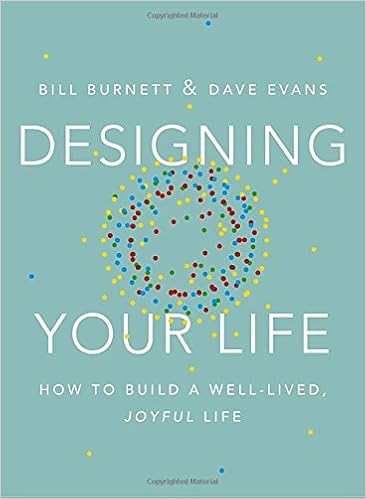 From time to time, I'm asked to meet with various young, competent, high capacity leaders who are in the midst of some kind of transition dealing with their calling, vocation and talent. These meetings are almost always with people I know pretty well and I've already got a lot of respect for them - their character, competencies and accomplishments are already super impressive to me. So I love these meetings but go into them usually feeling inadequate, not super sure on how I can actually help them.
From time to time, I'm asked to meet with various young, competent, high capacity leaders who are in the midst of some kind of transition dealing with their calling, vocation and talent. These meetings are almost always with people I know pretty well and I've already got a lot of respect for them - their character, competencies and accomplishments are already super impressive to me. So I love these meetings but go into them usually feeling inadequate, not super sure on how I can actually help them. This book, Designing Your Life, is exactly what I needed for this kind of thing. Now, if you ask to meet with me, I'll just give you a copy. Kidding. Trust me, if you want to design your life, and you should, the stuff in the book is gold. For these kinds of meetings in the future, we'll go through some of this together and I guarantee, these people will get a ton of insight into what energizes them, what they are passionate about and how to design a life that erupts all of their talent.
Dysfunctional Belief - If you are successful, you will be happy.
Reframe - True happiness comes from designing a life that works for you.
DB - It's too late.
Reframe - It's never too late to design a life you love.
Reframing is one of the most important mind-sets of a designer. Many great innovations get started in a reframe. In design thinking we always say, "Don't start with the problem, start with the people, start with empathy."
The reframe for the question, "What do you want to be when you grow up?" is this: "Who or what do you want to grow into?"
Designers don't think their way forward. Designers build their way forward.
...So we're not very passionate about finding your passion. We believe that people actually need to take time to develop a passion. And the research shows that, for most people, passion comes after they try something, discover they like it, and develop mastery - not before. To put it more succinctly: passion is the result of a good life design, not the cause.
Deciding which problems to work on may be one of the most important decisions you make, because people can lose years (or a lifetime) working on the wrong problem.
The gravity problem - not real problems. In life design, if it's not actionable, it's not a problem. It's a situation, a circumstance, a fact of life. It may be a drag (so to speak), but, like gravity, it's not a problem that can be solved.
DB - I'm stuck.
Reframe - I'm never stuck, because I can always generate a lot of ideas.
DB - I have to find the one right idea.
Reframe - I need a lot of ideas so that I can explore any number of possibilities for my future.
The truth is that all of us have more than one life in us. When we aks our students, "How many lifetimes' worth of living are there in you?" the average answer is 3-4. And if you accept this idea - that there are multiple great designs for your life though you'll still only get to live one - it is rather liberating. There is no one idea for your life.
Designers learn to have lots of wild ideas because they know that the number one enemy of creativity is judgement.
You choose better when you have lots of good ideas to choose from.
You never choose your first solution to any problem.
DB - I need to figure out my best possible life, make a plan and then execute it.
Reframe - There are multiple great lives (and plans) within me and I get to choose which one to build my way forward to next.
Building is thinking.
The standard model [of getting a job] fails so much of the time because it is a model based on the mistaken idea that your perfect job is out there waiting for you.
DB - You should focus on your need to find a job
Reframe - You should focus on the hiring manager's need to find the right person.
DB - My dream job is out there waiting.
Reframe - You design your dream job through a process of actively seeking and co-creating it.
Network is more noun than verb. The point is not to "do" network-ing, the goal is to participate in the network.
...the most important reframe when you are designing your career is this: you are never looking for a job, you are looking for an offer.
No comments:
Post a Comment